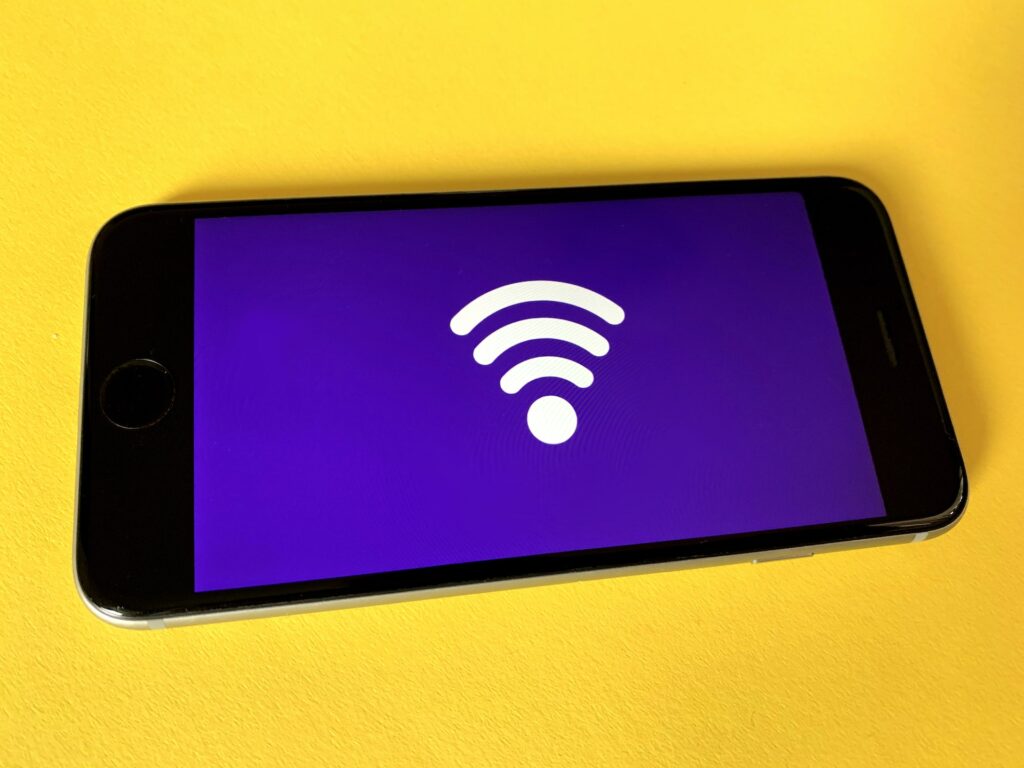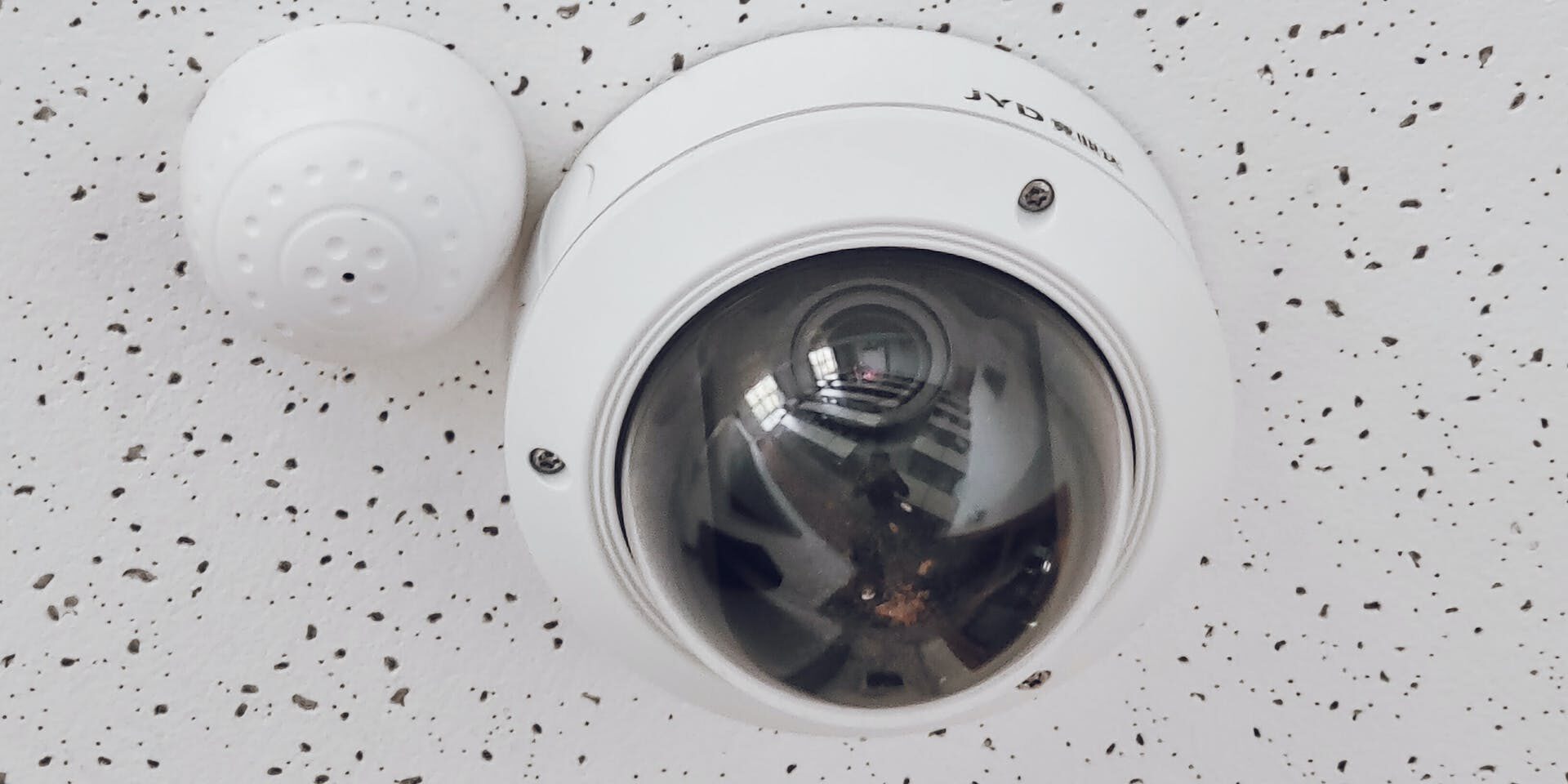Do You Need WiFi for Security Cameras
Security cameras have become a standard tool for safeguarding homes, businesses, and public spaces in an increasingly connected world. While many security cameras rely on WiFi for data transmission and remote monitoring, whether you need WiFi for security cameras is more complex than a simple “yes” or “no.” This article delves into the various options available, the role of WiFi in security camera systems, and alternative solutions for different situations.
The Role of WiFi in Security Cameras
WiFi connectivity plays a significant role in modern security camera systems. Here are some essential functions WiFi serves in these systems:
- Remote Monitoring: WiFi-enabled security cameras allow you to acquire live footage and recordings from anywhere with an internet connection. This remote monitoring capability offers convenience and peace of mind.
- Alerts and Notifications: WiFi-connected cameras can dispatch alerts to your smartphone or other devices when they detect motion, sound, or predefined triggers. This real-time information can help you respond quickly to potential security threats.
- Cloud Storage: Many WiFi security cameras offer cloud storage options for video recordings. This cloud-based storage ensures your footage is securely stored offsite, safeguarding it from physical damage or theft.
- Firmware Updates: Security camera manufacturers frequently release updates to improve device performance and security. WiFi connectivity allows you to install these updates easily without physically accessing the camera.
- Two-Way Communication: Some WiFi cameras come with two-way audio. It facilitates effective communication with people on the other side of the camera, such as delivery personnel or family members.
WiFi-Dependent Security Cameras
Most consumer-grade security cameras today rely on WiFi for the features mentioned above. These cameras are designed for uncomplicated installation and remote access, making them suitable for most home and small business surveillance needs. Typically, setting up a WiFi-based security camera involves connecting the camera to your home network via WiFi and configuring the camera through a mobile app or web interface.
However, there are situations where a WiFi-dependent security camera might not be the ideal choice:
Situations Where WiFi May Not Be Necessary
- Remote Areas: If you need surveillance in a location without reliable WiFi coverage, such as a remote cabin or a large outdoor area, you may consider cameras that use other means of data transmission.
- No Internet Connection: Sometimes, you may not have an internet connection at the surveillance location. In such scenarios, traditional WiFi-dependent cameras won’t work.
- Security Concerns: Concerns about the security of data transmission over WiFi might lead you to opt for wired or local storage solutions.
WiFi Alternatives

If you decide that a WiFi-dependent security camera isn’t the right fit for your needs, you have several alternative options:
- Wired Cameras: Hardwired security cameras connect to a recording device or network via Ethernet cables. They are also reliable and offer constant power and data transmission, making them suitable for unreliable WiFi locations.
- Local Storage: Some security cameras allow you to record footage directly onto an SD card or a Network Attached Storage (NAS) device. This approach doesn’t rely on WiFi or cloud storage, ensuring data is stored locally.
- Cellular Cameras: Cellular security cameras transmit data using a mobile network. They are an excellent alternative for remote locations or areas without WiFi. However, you’ll need a cellular data plan for these cameras.
- Battery-Powered Cameras: Some battery-powered security cameras can operate without a direct power source or WiFi. These cameras can also be placed in areas with limited access to WiFi or power outlets.
- Hybrid Systems: In some cases, wired and wireless cameras may be the best solution. This hybrid approach allows you to balance the advantages of both types.
The need for WiFi in security cameras depends on your specific requirements and the conditions of the surveillance area. While WiFi-connected cameras offer convenience and remote monitoring, alternative options, including wired, local storage, cellular, and battery-powered cameras, cater to different scenarios and security concerns. Understanding your unique needs and the technological capabilities of various security cameras will help you decide the best solution for your security and surveillance goals.








